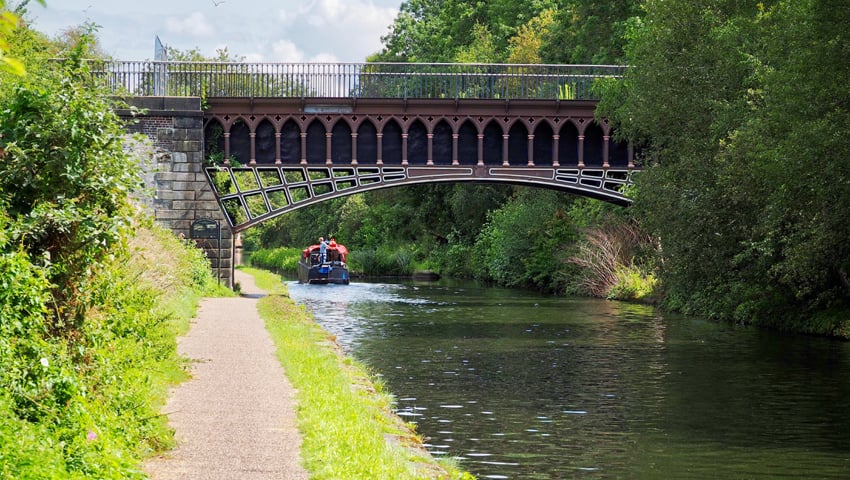New research has provided a wealth of insights about what prevents people from accessing Birmingham’s green spaces and engaging with nature.
Community researchers spoke to people in the communities of Winson Green, Lozells, Newtown, Handsworth, and Bartley Green to get their views on local parks and other green spaces.
The researchers explored what might prevent people from using green spaces as well as talking about barriers to access. These included mindset, purpose, feelings about nature and a sense of belonging in local communities and areas.
Chloé Thompson-Haynes, who led the research for Natural England, said, “Nature in cities is important for our physical and mental health and wellbeing, but some people have better access to nature than others.
“Our research seeks to understand how to increase access to and quality of green spaces for more people. It also seeks to develop community empowerment over green spaces both for people and for nature.
“We worked with local community researchers who have had research training and are part of local communities in Birmingham. They were able to identify the multiple obstacles that people in local communities can face in experiencing nature.
“We now plan to work with the community researchers and organisations to further explore how we can enable the barriers described in our research to be reduced.”
Doorstep to Landscape project
The research was part of Natural England’s Doorstep to Landscape project which aims to enable more of society to connect with nature from where they live. The benefits of spending time in nature are far reaching, including improving health outcomes.
The work found that many people stay away from green spaces due to a fear of not belonging and not feeling safe. There was also a lack of information about green spaces such as where they are, how to access them and what amenities they have.
The participants reflect a cross section of the community including people from different ethnic groups, employment backgrounds, ages, genders, and with disabilities. The participants said there is no one size fits all for green spaces and what some like, others may not.
They suggested that green spaces could be designed to be split into zones to meet diverse needs. For example quiet spaces, areas for children to enjoy, areas for dogs and dog-free spaces.
Lack of suitable clothing to enjoy green spaces in different weather was also identified as a barrier. Some participants suggested that being able to hire wellies, like when shoes are hired at bowling alleys, could enable more people to access nature.
Having a purpose to visit nature was also discussed.
Many of those with children or pets felt they had a reason to access green space, whereas for others there was often a feeling that visiting required a purpose. Activities and events in green spaces such as food growing and fitness groups were popular ideas.
David Drake, Connecting People with Nature portfolio Director for Natural England, said, “We want to increase the number and range of people who engage with nature; understanding what is stopping them from doing that is key. This research identifies social and cultural barriers that we need to address so more people can access and connect with nature.”
Jessica Pykett, Director of the Centre for Urban Wellbeing, University of Birmingham, said, “Building on the work of Natural England’s Doorstep to Landscape’s programme we are working to better understand policy priorities and research gaps around unequal public access to urban green space.
“By engaging with dedicated community researchers we hope to demonstrate how Birmingham can be an exemplar city to promote environmental and health justice.”
View the research, Identifying social and cultural barriers to nature
